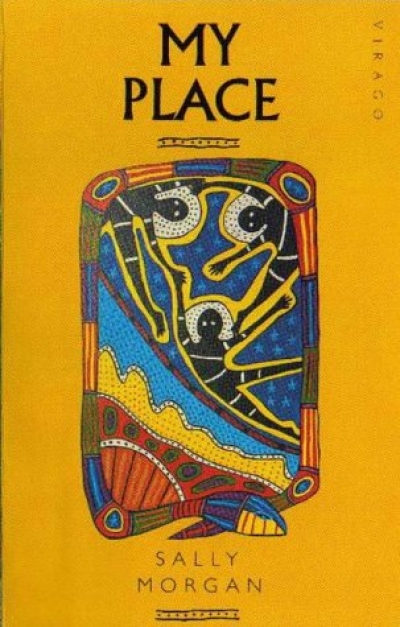Archive
The D Generation Bumper Book of Aussie Heroes by John Alsop, Santo Cilauro, Tom Gleisner, Andrew Knight, Rob Sitch, and Magda Szubanski
I don’t usually reply to Letters to the Editor, but … Since this lot (see opposite) is particularly atrabilious, a lovely word I have just learned from Don Anderson, I feel moved to make a few mild replies. Ken Gelder and Gerard Windsor are big boys now and can look after themselves, but I will say that John Carroll’s is the only negative response I have seen or heard to Windsor’s June Self Portrait (there were lots of positive ones, although Gerard did get a tad upstaged by his small son). I should also like to point out to John Carroll that Norman Mailer was reduced to his correct proportions years ago (‘brought down’, if you will – funny how Mailer’s name irresistibly suggests these metaphors of detumescence) by an assortment of immortal feminists who most certainly do not need any help from me, and as far as I am concerned the basic difference between Norman Mailer and John Hooker is that John Hooker is a serious human being. If I did indeed take a tone of unbecoming admonition, it seems to me that John Carroll has caught it; there’s a lurking sub-text to his letter best expressed as ‘Naughty girl, silly girl, stop it now or Daddy will smack.’
... (read more)Dear Madam,
I don’t usually believe in responding to reviews, but Kenneth Gelder’s review (ABR June 87) of The Illustrated Treasury of Australian Stories, which I edited, raises a few points which are worth a reply.
... (read more)







